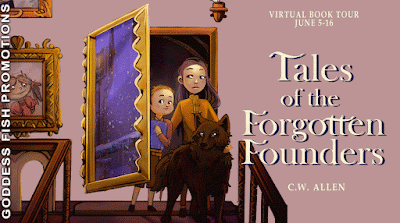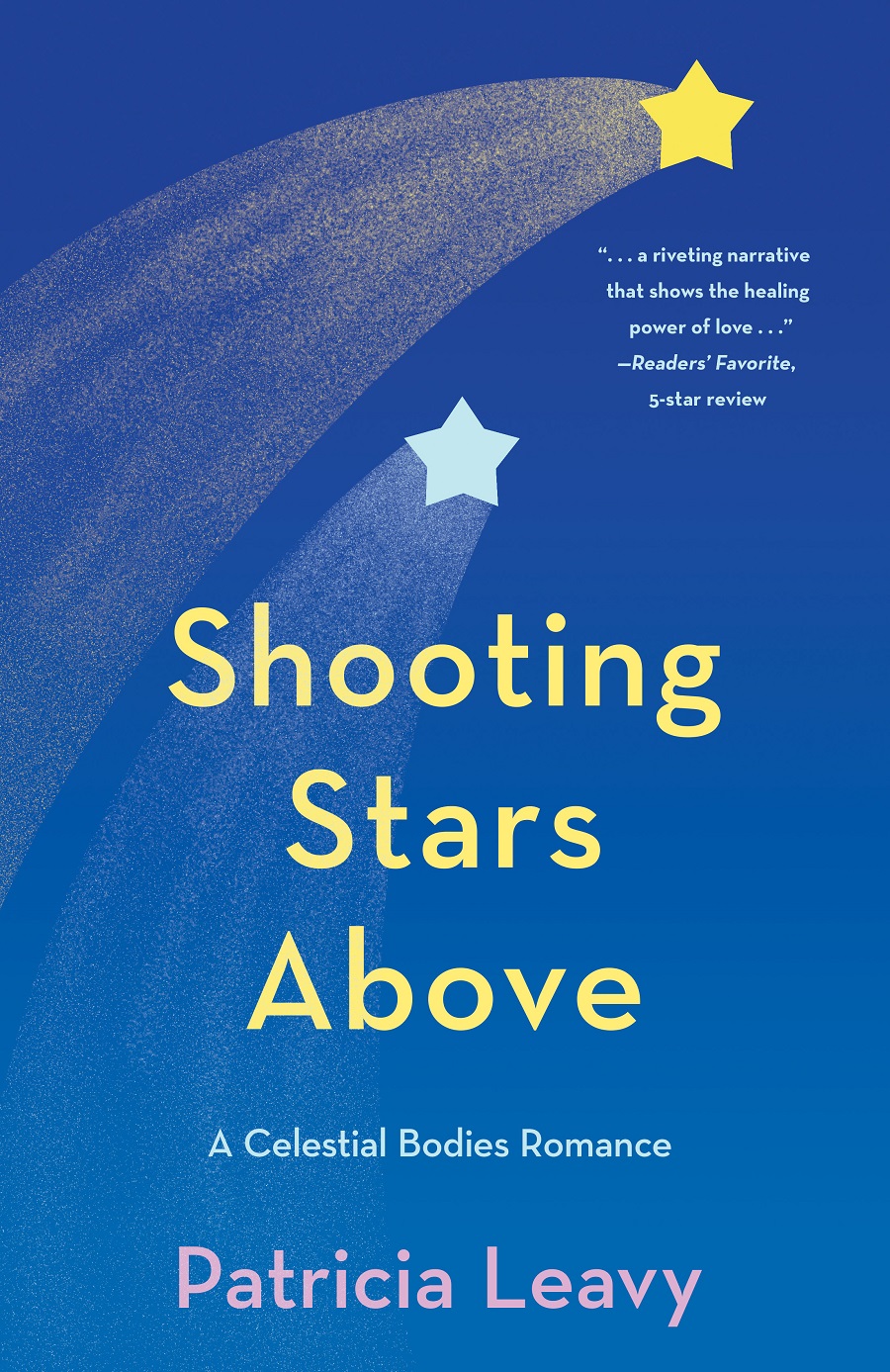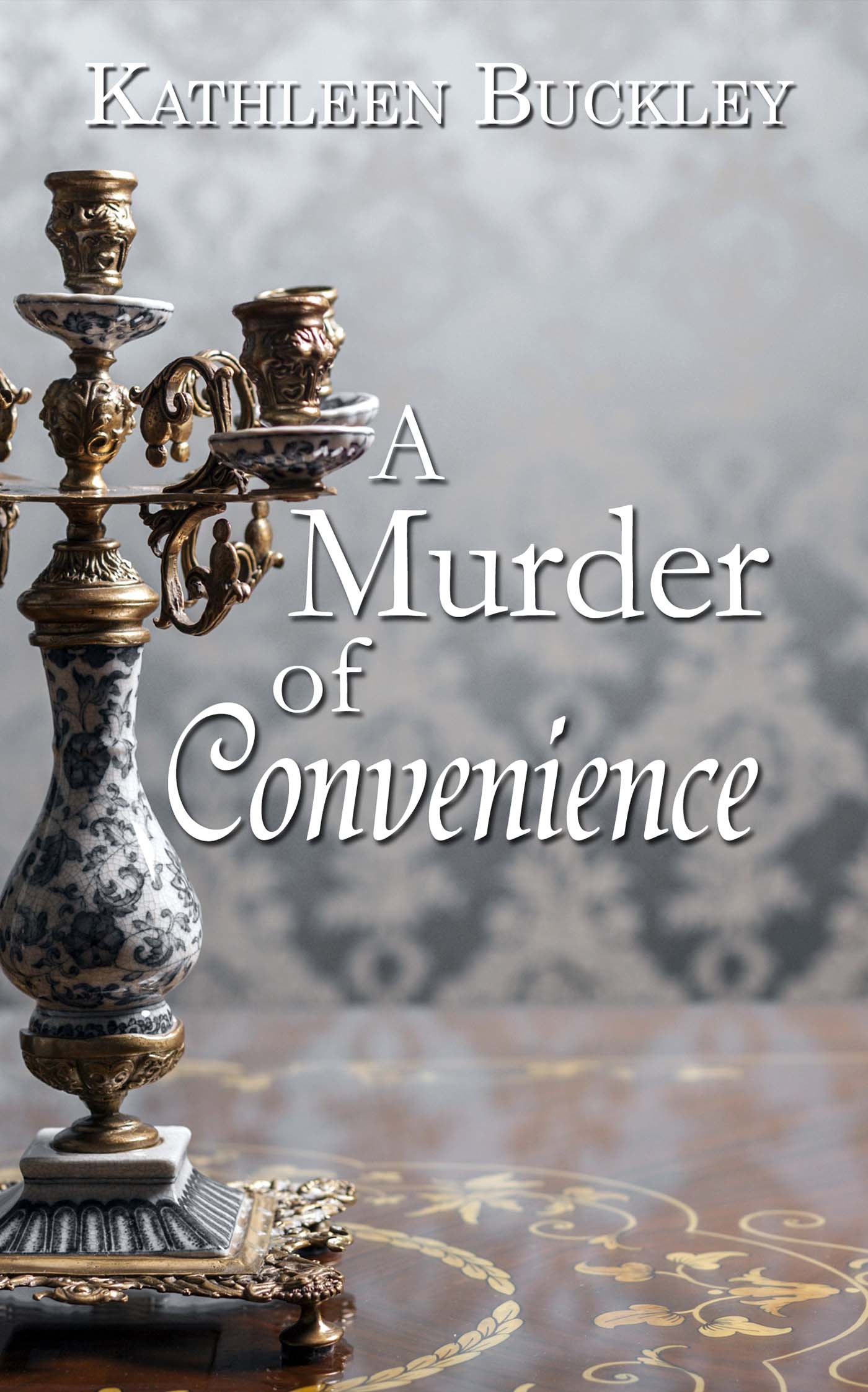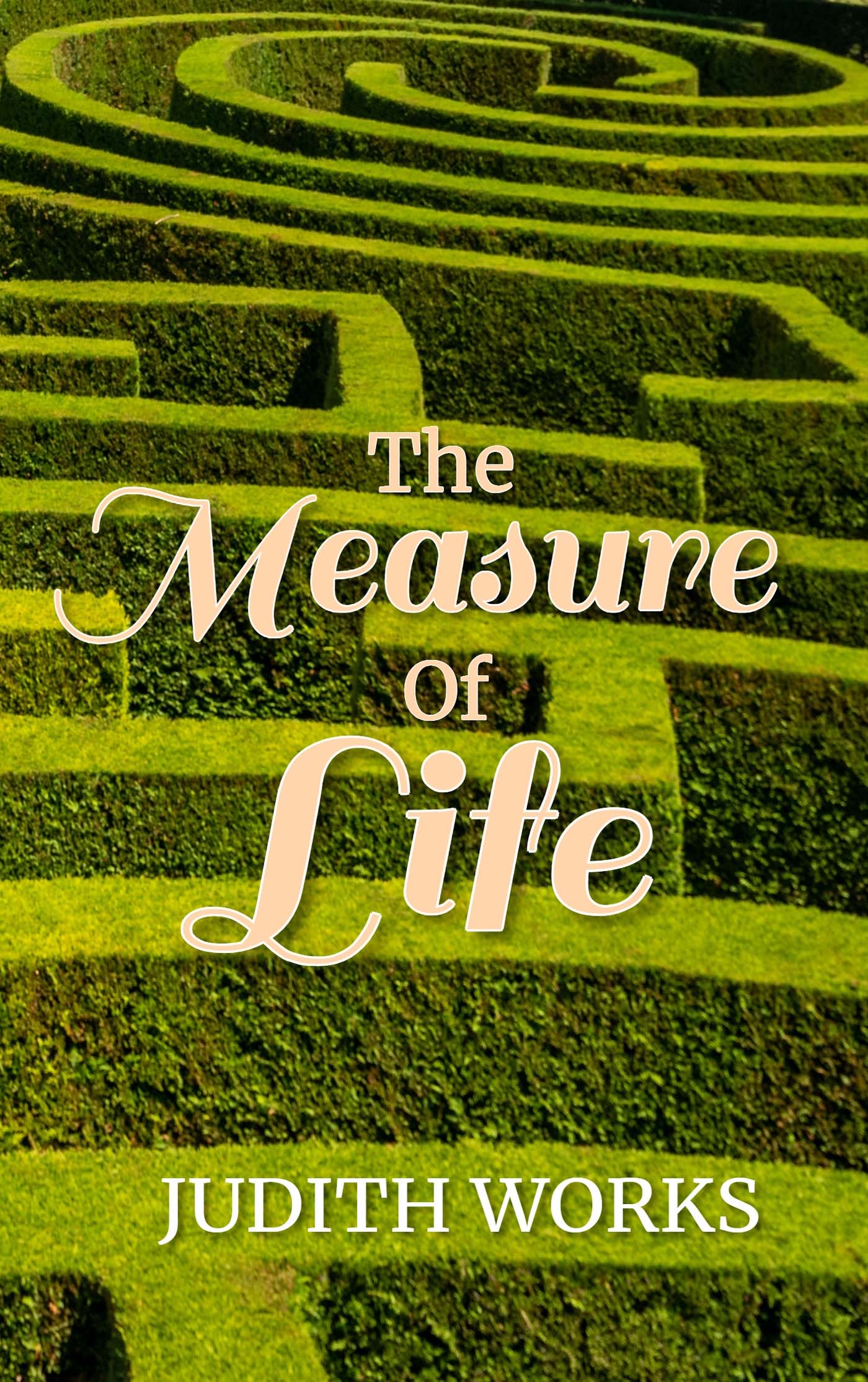This post is part of a virtual book tour organized by Goddess Fish Promotions. C. W. Allen will be awarding a $10 Amazon/BN GC to a randomly drawn winner via rafflecopter during the tour. Click on the tour banner to see the other stops on the tour.
Most resolutions fail—but yours don’t have to!
The beginning of a new year is a traditional time to take stock of your habits and decide whether your lifestyle patterns are actually leading to the results you’d like. But you don’t have to wait for January to roll around again to make a change! As the old saying goes, the best time to plant a tree is twenty years ago, but the second-best time is today. If you want to grow your skill as a writer, don’t put it off. The time it takes will be well worth your investment.
Studies say 60% of Americans set New Year’s resolutions, but only a tiny fraction achieve them. The problem is that people think they’ve set a goal, but in fact only have a dream—a vague desire for a different outcome, but without set parameters for getting there. Dreams are important; they inform what goals to set. But goals need to be much more specific than “write more” if they are to succeed.
Goals ≠ Dreams ≠ Assignments
In order to be successful, a goal needs a few guideposts. It must be:
- Specific. If you set a goal to “write more”, how will you know when you’ve achieved it? What does “more” even mean? “Finish a first draft of a novel” or “submit at least 3 poems to journals” are specific enough that you’ll know whether you’ve met the mark.
- In your control. “Publish an international bestseller” or “Be chosen as US Poet Laureate” are admirable long-term dreams, and they are specific enough that you’ll know whether or not they’ve been achieved, but they’re not entirely in your control. You can do everything right, but still fail. Choose goals you have control over—finishing or submitting work, rather than how it is received.
- Your ambition, not someone else’s. Yes, you may need to submit a project for work or school, or have that thing a boss or family member is always bugging you to work on. But if you don’t care about it enough personally, the goal will feel like a nagging burden rather than put stars in your eyes. Choose a goal that is personally meaningful and inspired by your long-term dreams.
Make a roadmap to your goal
- Assess your long-term dreams and ambitions, then choose a realistic goal that will point you in the direction of that ambition, but is still within your control. Your goal should stretch your abilities, but not so much that it’s not within realistic reach.
- Divide the goal into short-term, measurable steps. If you want to write a 75,000 word novel in a year, you’ll need to write a minimum of 6,250 words a month, which is about 1,560 words every week. Whatever your goal is, find a way to break it into bite-size chunks. Keep track of every day or week that you meet this quota, like by marking your word count on a calendar or journal.
- Build in some breathing room. You might get sick, have to travel, or have an urgent deadline at work or school that throws a wrench in your schedule. Set your measurable steps with a grace period built in. You might decide to shoot for finishing the yearly goal by the end of November instead of the end of December, or set yourself a higher weekly word count than strictly necessary. That way, when (not if!) something comes up, you still have enough space to succeed.
- Don’t give up when you slip up. It’s tempting to say, “Well, I don’t have time to meet my quota for the week, so why bother putting in the time at all?” But all progress is progress. Ten minutes is better than nothing, even if you’d really hoped for an hour. Writing three days this week is better than taking the whole week off, even if seven simply isn’t possible.
- Stay accountable to yourself and others. Write down the goal, and the steps you’ve set to achieve it, someplace you’ll see it often. Tell friends and family about your goal so you’ll be motivated to keep working on it. It’s easy to give up when no one knows you were even trying. The support of people who want to help you reach for your goals and long-term dreams is far more motivational than obligation or guilt.
Where do you want to be at this time next year? By setting specific goals that are within your control and building in some checkpoints along the way, you can make this a year to remember.
Zed and Tuesday ought to be living the good life. After all, it’s not every day two kids take down an evil dictator and their mom gets put in charge of an entire dimension. But after moving into Falinnheim’s palace, they learn that life as royalty isn’t as carefree as they’d imagined.
Mysterious hidden passages aren’t the only secrets lurking within the palace walls. When the siblings discover a stash of banned books, they realize everything they’ve been told about Falinnheim’s history might be a lie. And though contact between worlds has been cut off for centuries, returning home might not be as impossible as their parents claim.
Could the adventures of a runaway monk, a reluctant viking, a silent ambassador, and a rebel librarian hold the solutions to both problems? To find the truth, Tuesday and Zed will have to learn the stories of Falinnheim’s forgotten founders.
Enjoy an Excerpt
For some odd reason, Bastian started laughing. “Now you’re just messing with me,” he said, wagging an accusing finger at Tuesday. “London’s imaginary!”
Tuesday stared at him, perplexed. “No?”
“Oh come on,” Bastian insisted, “London’s in a bunch of stories. Peter Pan and Sherlock Holmes both talk about London, and they aren’t real either, you know.”
“Wait, now you know Sherlock Holmes, too? He wasn’t in any of the books you showed us.”
“That’s because he’s not from a book,” Bastian said with a shrug. “Here, see for yourself.” He scooted over to the jumble of papers on the crate shelves and pulled out a dog-eared magazine. He flipped past several black and white illustrations until he found the page he wanted, then handed it to Tuesday.
“The Valley of Fear,” she read aloud, “a new Sherlock Holmes story by A. Conan Doyle.” Her eyes flicked to the page heading. “The Strand magazine. January, 1915.”
“See?” said Bastian smugly. “London’s just a place from stories. Like Oz, or Neverland.” He laughed again. “I mean, it’s not like there’s really a land called India full of talking animals, just because The Jungle Book says so.”
Zed tried to break the news to Bastian without making him feel stupid. “Look, we know the stories are made up, but those are all real places. Well, not all of them—Neverland and Oz are imaginary—but India and London are real.”
“Have you ever been there?” Bastian argued.
“Well, no,” Zed was forced to admit. “But I’ve seen them on maps.”
Bastian just rolled his eyes. “Stop trying to prank me. Next you’ll be saying there really are giant wind storms in a place called Kansas.”
“There are!” Tuesday protested.
About the Author:
C.W. Allen is a Nebraskan by birth, a Texan by experience, a Hoosier by marriage, and a Utahn by geography. She knew she wanted to be a writer the moment she read The Westing Game at age twelve, but took a few detours along the way as a veterinary nurse, an appliance repair secretary, and a homeschool parent. She writes long stories for children and short stories for former children. When she’s not writing, she helps other writers hone their craft as a board member of the League of Utah Writers.
Her debut novel Relatively Normal Secrets is the winner of the Gold Quill Award, being named the best children’s book of the year by a Utah author. The Falinnheim Chronicles series continues with The Secret Benefits of Invisibility (Cinnabar Moth, 2022) and Tales of the Forgotten Founders (Cinnabar Moth, 2023). She also has shorter work published in numerous anthologies. Keep up with her latest projects at her website.


















Thanks for hosting!
Thank you for hosting!
Sounds like a good book.
The cover looks good. Sounds really interesting.
How did you decide on the book cover?
Hi Marisela, thanks for stopping by! My publisher found an excellent illustrator named Ira Geneve – she also did the cover art for book 2 in this series, The Secret Benefits of Invisibility. I sent her a summary of the plot and physical descriptions of the characters. She decided on a style that would be consistent with the rest of the series and sent 4 different sketches for layout options. My editor and I ranked our preferences on the layouts, and then the one we selected moved on to a full illustration. So it was definitely a collaborative process, but I had no idea what Ira might propose when the process started! I find the best art comes from giving the artist as much creative freedom as possible.